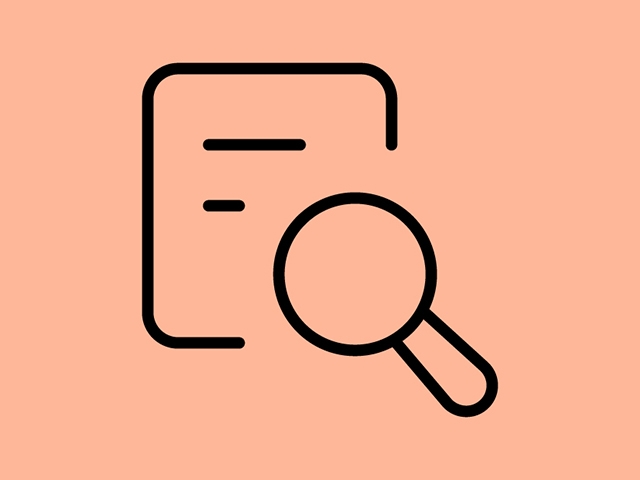Behavioral Economics

Why this program?
Gone are the times of wholly rational decision-making based purely on the needs of the self. Standing in contrast to the neoclassical model of homo economicus, behavioral economics draws upon insights from the field of psychology to analyze how individuals behave in situations relating to economics. This involves social preferences such as fairness, as well as departures from entirely rational mindsets – loss aversion being one example of this. Neuroeconomics, a related area, examines the basic neurobiological principles underpinning economic behavior.
In the minor study program in Behavioral Economics, you will learn about the fundamental models used in behavioral economics and discuss how they are applied in labor economics, organizational economics, health economics, industrial economics, and development economics, making use of mathematical, statistical, and empirical methods such as laboratory and field experiments. Acquiring insights into behavioral economics makes it possible to create more accurate forecasts of the impact that policy measures will have on actual economic affairs, and forms the basis for designing new policy instruments such as nudging.
What can I do with it later?
By specializing with the minor study program in Behavioral Economics, you will acquire analytical and empirical knowledge which can be put to use in both private and public institutions; for example, in the fields of human resources, organizational psychology and political consulting.
